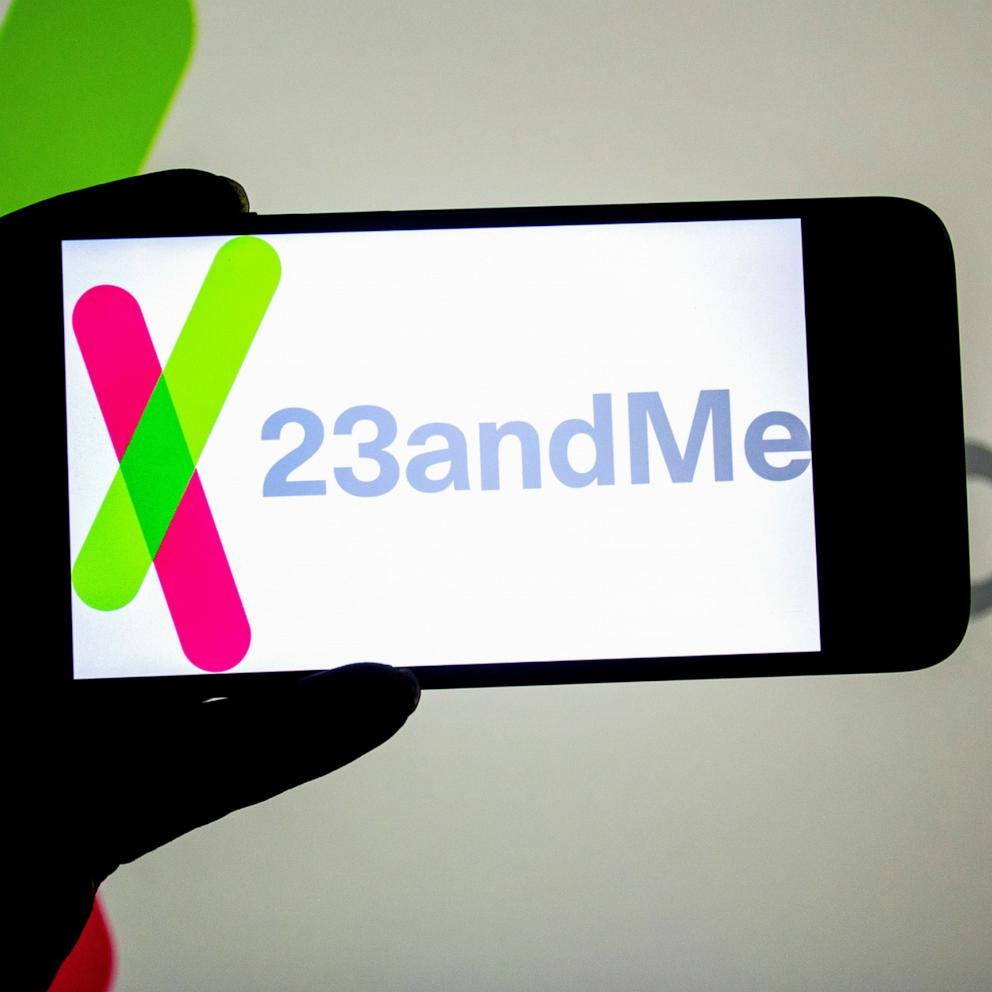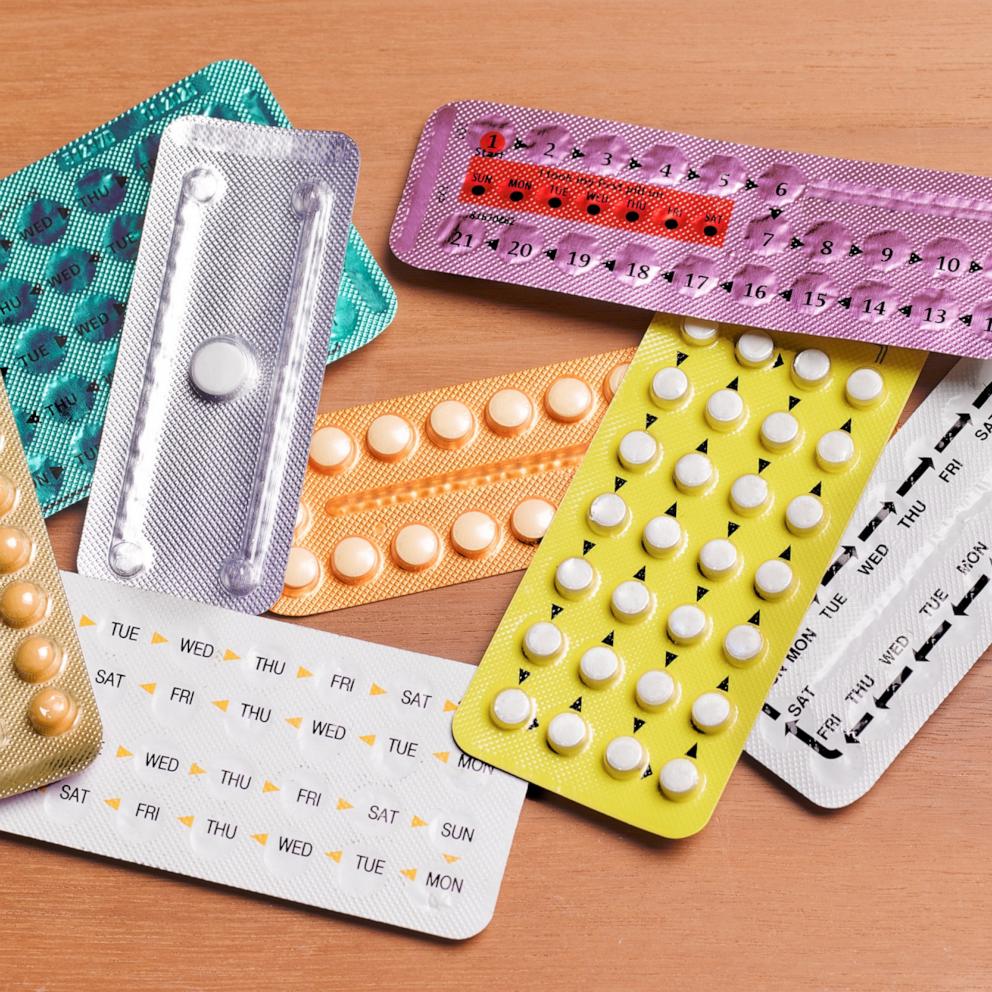Red Cross implements FDA policy allowing more gay and bisexual men to donate blood
More gay and bisexual men will be able to donate blood after the American Red Cross announced Monday it would follow recent guidelines from the U.S. Food and Drug Administration.
The FDA issued guidelines in May stating that all potential blood donors must answer a series of individual, risk-based questions to decide eligibility.
Men who are in monogamous sexual relationships with other men will be able to donate blood.
People regardless of gender or sexual orientation, who have had multiple sexual partners and have had anal sex in the last three months will be asked to wait three months to donate blood from the last time they had anal sex, according to the Red Cross.
"The Red Cross is committed to achieving an inclusive blood donation process that treats all potential donors with equality and respect, and ensures a safe, sufficient blood supply is readily available for patients in need," the organization said in a statement. "This historic change in approach to donor eligibility is significant progress, resulting in a blood donation process that is more inclusive than ever before. The Red Cross celebrates the FDA’s elimination of blood donation policies based on sexual orientation."
The FDA originally banned donations from gay and bisexual men during the 1980s HIV/AIDS crisis. In recent years, the FDA relaxed these rules, but had not lifted them completely.
Now, the new blood donation risk assessment will be the same for every donor regardless of how they identify.
Medical groups and LGBTQ organizations have criticized the FDA's previous rule from 2015, which relaxed a complete ban on donations from gay and bisexual men, but asked men to abstain from sex for at least one year before donation.
The policy was changed from one year to three months in April 2020, when the FDA saw a major decline in blood donations as the COVID-19 pandemic was underway and thousands of blood drives were canceled, according to the American Medical Association (AMA).
"With the nation’s blood supply at its lowest point in a decade, and the American Red Cross declaring its first-ever national blood crisis earlier this month, it is time for the Food and Drug Administration to do something the AMA and others have urged for years: remove its discriminatory ban that prevents many gay and bisexual men from becoming blood donors," the AMA said in January 2022.
There are nearly 11 million blood donors and more than 14 million units of blood transfused in the U.S. annually, according to the Centers for Disease Control and Prevention.
The HIV epidemic has spread far beyond gay and bisexual men, with women accounting for roughly 1 in 5 new HIV diagnoses in the U.S., according to the most recent CDC data available.
The most recent policy would expand the number of people able to give blood while "maintaining the appropriate safeguards" to protect the blood supply, the FDA said.
The agency added that the policy is based on the best available scientific evidence and is now similar to policies in Canada and the United Kingdom.
"As a physician, I feel a sense of relief, this will likely lead to the increased supply and availability of a vital resource needed for life-saving and life-sustaining treatment," Dr. Darien Sutton, an emergency medical physician and ABC News contributor, said in May when the FDA announced the revised guidelines.
ABC News' Sony Salzman contributed to this report.




